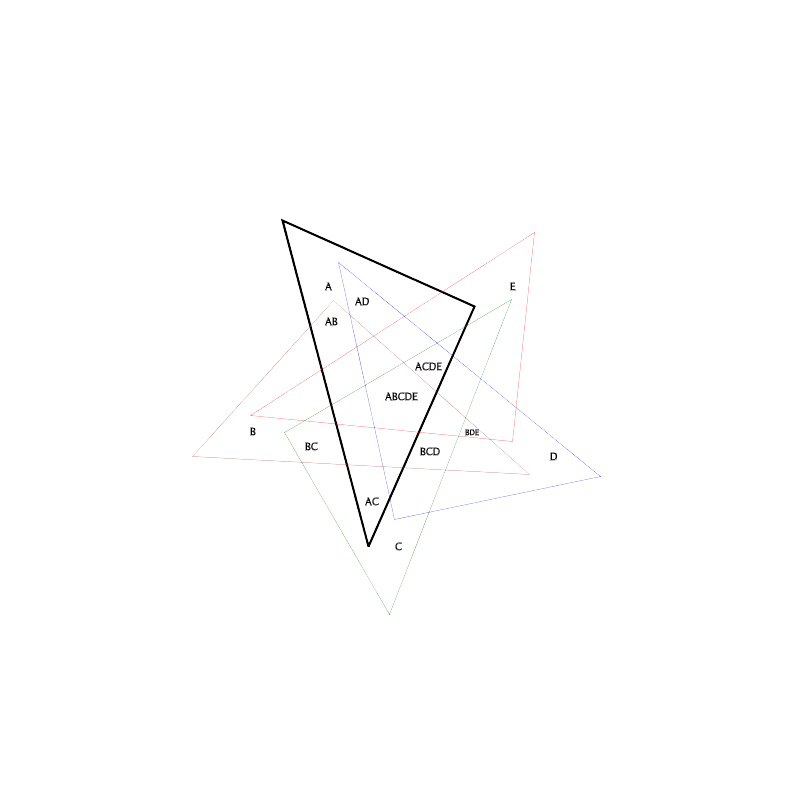- From: Jeremy Carroll <jjc@hpl.hp.com>
- Date: Sun, 4 May 2003 21:40:48 +0300
- To: www-webont-wg@w3.org
- Message-Id: <200305042140.49000.jjc@hpl.hp.com>
OWL DL seems to differ from OWL Lite in two important respects: 1) it allows unnamed descriptions and the full remit of set theoretic constructions 2) it has the owl:oneOf and owl:hasValue constructions, and hence finite classes 3) higher cardinalities, which interact with finite classes in interesting ways. The first seems trivial from an implementation point of view: these things can be converted into OWL Lite. However the second seems to permit a wide range of axioms that are not wdiely used in DAML+OIL experience nor over which there seems to be much real practical experience of reasoning. In the TEST editors draft at the moment we have some 3-SAT tests http://www.w3.org/2002/03owlt/editors-draft/draft/proposed-dl-500-SAT these are, from a specialist 3-SAT reasoner point of view trivial, (i.e. they solve in less than a second) but not ones for which I expect a queue of OWL implementations I am working on expressing some of the Venn diagram problems I have worked on in OWL, for instance, the attached picture can be described in OWL DL to a surprising degree of accuracy (e.g. its vennness, i.e. there are 5 overlapping shapes giving 32 distinct regions, the triangularness, in terms of 15 intersecting pseudolines etc). These descriptions depend on giving multiple names to the same geometric object (face, edge, line, point), and leaving the reasoner to sort out the tangle. On cardinality, it is possible to embed substantial portions of arithmetic within OWL DL, and a practical reasoner intending to process this language should be aware of cardinality. Ian reported having successfully completed the addition tests 901 thru 904 http://www.w3.org/2002/03owlt/editors-draft/draft/proposed-dl-900-arith#proposed-dl-900-arith however, his reasoner is currently doing this long hand and he had to leave it running overnight to work out that 200+300 != 600 because the numbers are large. I am not compelled that Ian will manage when I ask him if 200*300=60000 Jeremy
Attachments
Received on Sunday, 4 May 2003 15:41:08 UTC
